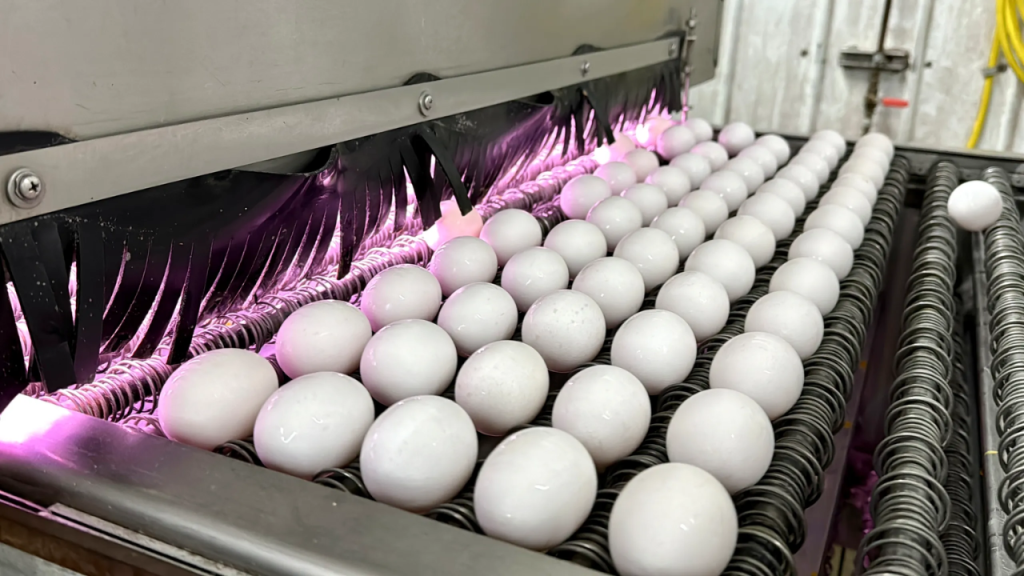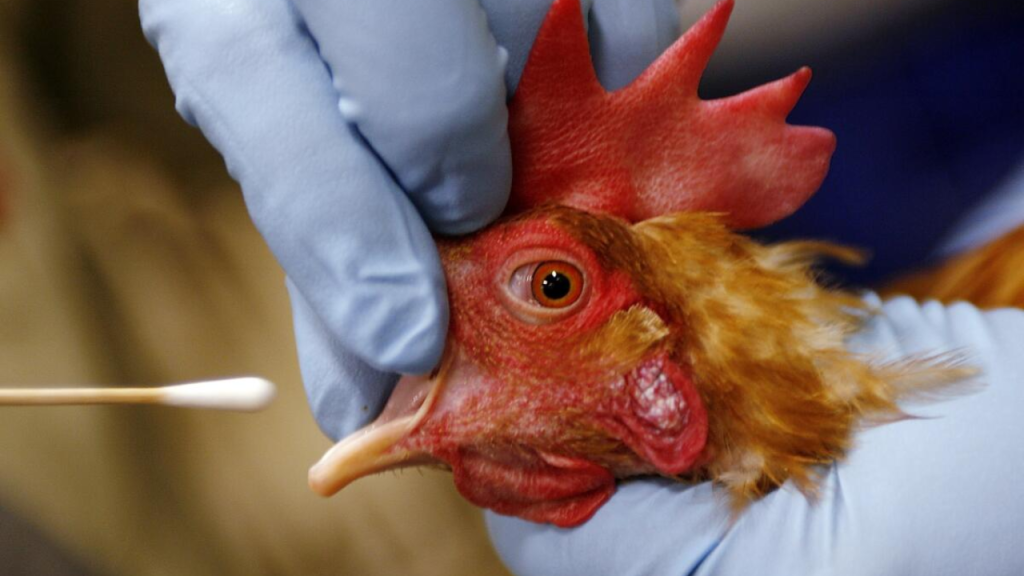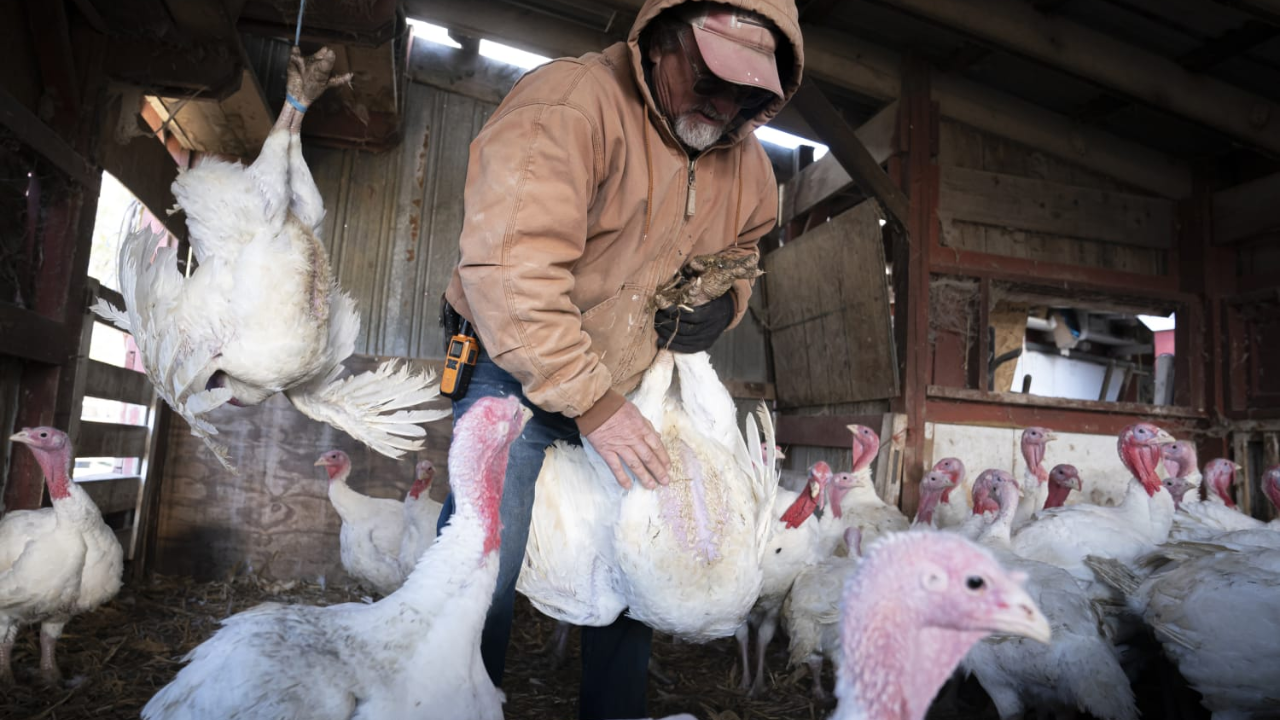Pocatello News Post –In the heart of Sonoma County, an unfolding crisis has cast a long shadow over North Bay’s storied poultry farms, historically revered as the “Egg Basket of the World.” The region, known for its idyllic landscapes and agricultural prowess, is grappling with a devastating outbreak of avian flu, marking a challenging period for an industry integral to the local economy and community identity.
The crisis came to a head when Mike Weber, a prominent figure in the local poultry industry and operator of Sunrise Farms, received the dreaded confirmation that his flock had tested positive for highly pathogenic avian influenza. This diagnosis set off a chain of events that led to the culling of 550,000 egg-laying hens, a staggering blow to the farm and a stark illustration of the outbreak’s severity.
The loss of these birds not only represents a significant economic setback for Sunrise Farms but also a profound emotional and psychological toll on those who nurtured and cared for the flock. The impact of the outbreak extends far beyond a single farm. In the past two months alone, nearly a dozen commercial farms in Sonoma County have been forced to destroy over a million birds to contain the spread of the virus.
This mass culling has sent shockwaves through the local economy, affecting not only farmers but also workers, suppliers, and the broader community dependent on the poultry industry. The ripple effects of the outbreak have also led to a spike in egg prices, particularly felt during the holiday season, adding a financial strain on consumers in the San Francisco Bay Area and beyond.

The avian flu outbreak underscores the inherent vulnerabilities in poultry farming to diseases spread by wild birds. Migratory ducks, geese, and other waterfowl, while majestic in their seasonal journeys, can carry the virus without showing symptoms, inadvertently spreading it to domestic flocks through droppings and nasal discharges.
This mode of transmission has posed significant challenges to biosecurity measures, prompting farms across California to implement stringent protocols and, in some cases, to confine their flocks indoors, a measure that goes against the grain for organic farms accustomed to allowing chickens outdoor access.
The path to recovery for affected farms like Sunrise Farms is fraught with uncertainty. The process of cleaning, disinfecting, and eventually repopulating the farms with new flocks is not only time-consuming and costly but also emotionally taxing for those involved. The hope of regaining federal regulatory approval to restart operations hangs in the balance, with the prospect of returning to egg production being months away.
Despite these challenges, there is a sense of resilience and determination among the farming community. The outbreak has sparked a collective effort to bolster biosecurity measures, enhance surveillance, and foster collaboration between farmers, researchers, and government agencies. The shared goal is not only to navigate the current crisis but also to build a more robust and resilient poultry industry capable of withstanding future outbreaks.

The avian flu outbreak in North Bay serves as a stark reminder of the delicate balance between nature and agriculture and the vulnerabilities inherent in our food systems. It highlights the need for ongoing vigilance, innovation in biosecurity practices, and a collaborative approach to managing and mitigating the risks of infectious diseases.
As the industry looks to the future, the lessons learned from this crisis will undoubtedly shape the strategies and practices adopted by poultry farmers, not just in North Bay but across the nation and beyond, in their ongoing quest to sustainably produce the eggs that so many rely on.

